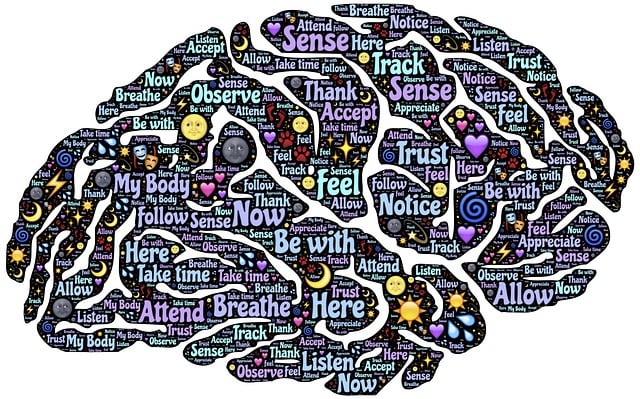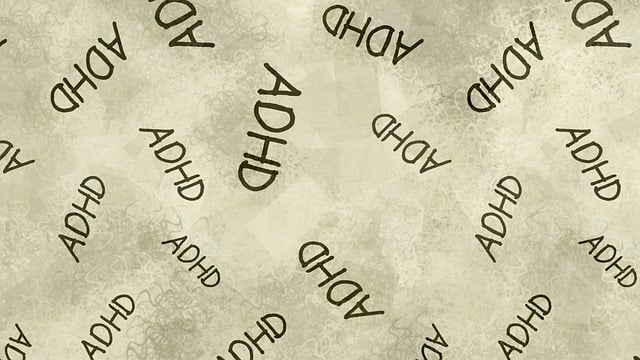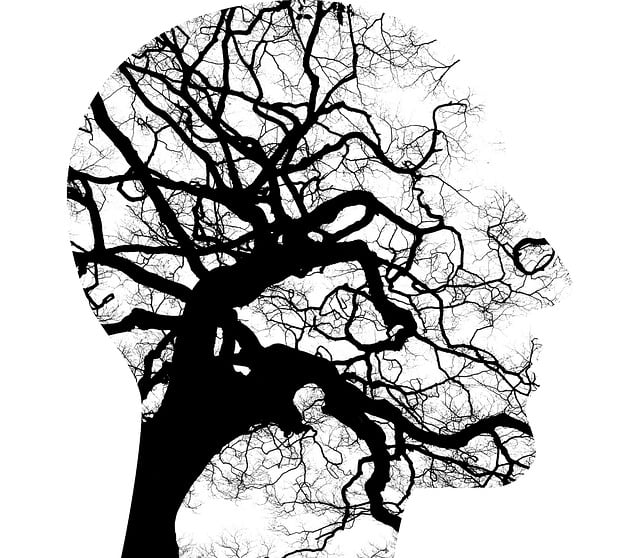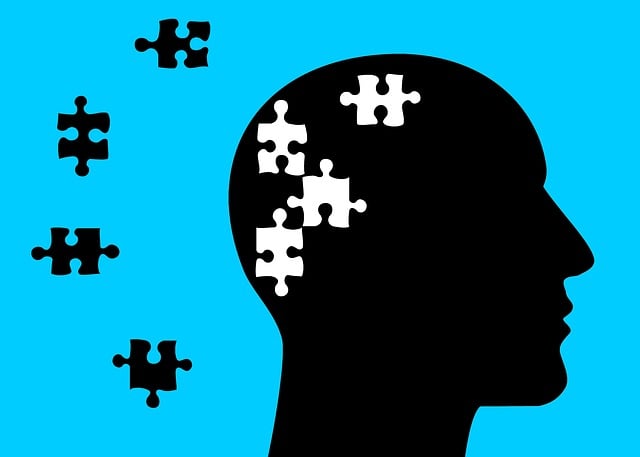Mental health advocacy initiatives like Wheat Ridge Self-Esteem Therapy are crucial in combating stigma and promoting understanding of mental illness through public campaigns, podcasts, and community events. By offering accessible therapy options and support networks, these programs empower individuals with tools to manage their wellness, normalizing conversations and fostering more compassionate communities. Wheat Ridge Self-Esteem Therapy, focusing on building self-esteem, is a groundbreaking approach recognized for its impactful outcomes in preventing burnout and encouraging long-term risk management. These initiatives transform mental health support by humanizing experiences, reducing stigma, encouraging early intervention, and promoting proactive mental well-being management.
Mental health advocacy initiatives play a pivotal role in fostering awareness, reducing stigma, and providing support for individuals struggling with their mental well-being. This article delves into the significance of such campaigns, using Wheat Ridge Self-Esteem Therapy as a compelling case study to illustrate the power of empowering individuals through therapy. We explore key strategies for successful advocacy initiatives, highlighting essential components that contribute to positive outcomes in the mental health landscape.
- Understanding Mental Health Advocacy: The Role of Initiatives in Creating Awareness and Support
- Wheat Ridge Self-Esteem Therapy: A Case Study on Empowering Individuals
- Strategies for Effective Mental Health Advocacy Initiatives: Key Components for Success
Understanding Mental Health Advocacy: The Role of Initiatives in Creating Awareness and Support

Mental health advocacy initiatives play a pivotal role in fostering public understanding and support for individuals dealing with mental illness. These efforts are crucial in challenging the stigma associated with mental health issues, which often prevents people from seeking help. Through various channels such as Public Awareness Campaigns Development, Mental Wellness Podcast Series Production, and community-based events, advocates work to educate the public, dispel myths, and promote empathy.
One notable example is Wheat Ridge Self-Esteem Therapy, which focuses on empowering individuals by providing accessible therapy options. Such initiatives not only enhance public awareness but also create a network of support, ensuring that those struggling with mental health issues do not feel isolated. By combining education, storytelling, and direct support, these advocacy programs strive to normalize conversations about mental wellness, ultimately leading to more compassionate and inclusive communities.
Wheat Ridge Self-Esteem Therapy: A Case Study on Empowering Individuals

Wheat Ridge Self-Esteem Therapy is a pioneering initiative that has been making waves in the mental health advocacy space. This therapeutic approach focuses on empowering individuals to build and strengthen their self-esteem, a crucial aspect often overlooked in traditional therapy models. By prioritizing self-worth and confidence, the program offers a holistic healing experience. Through interactive sessions led by experienced therapists, participants engage in activities designed to challenge negative thought patterns and foster a positive self-image.
The case study of Wheat Ridge highlights the power of tailored interventions. Many mental health professionals are now incorporating similar strategies into their practice, recognizing the significant impact on client outcomes. This innovative therapy not only aids in burnout prevention but also equips individuals with tools to navigate life’s challenges, promoting long-term risk management planning. By addressing self-esteem issues at the core, this initiative ensures that individuals gain the confidence needed to pursue their goals and lead fulfilling lives, marking a significant step forward in mental health support.
Strategies for Effective Mental Health Advocacy Initiatives: Key Components for Success

Mental health advocacy initiatives are a powerful tool to foster understanding and support for individuals facing mental illness challenges. When designing effective strategies, several key components come into play, ensuring success in raising awareness and challenging the stigma associated with mental health issues. One such successful approach is incorporating Wheat Ridge Self-Esteem Therapy techniques, which focus on building resilience and self-worth, empowering individuals to manage their mental well-being proactively.
Successful advocacy initiatives should include a comprehensive Mental Health Education Programs Design that educates communities about various mental illnesses, their causes, and available treatments. This involves using accessible communication strategies tailored to diverse audiences, ensuring messages resonate with people from all walks of life. By combining education with personal narratives, advocates can humanize mental health experiences, reducing the Mental Illness Stigma Reduction Efforts and encouraging early intervention and support-seeking behaviors.
Mental health advocacy initiatives, such as Wheat Ridge Self-Esteem Therapy, play a pivotal role in fostering awareness and support for individuals struggling with their mental well-being. By implementing effective strategies, these initiatives empower people to take control of their lives and seek the help they need. Understanding the key components of successful advocacy is essential to creating lasting change and ensuring that resources like Wheat Ridge Self-Esteem Therapy continue to thrive, ultimately enhancing the overall mental health landscape.











